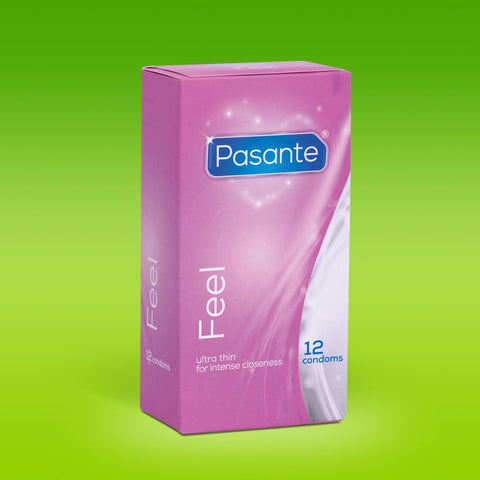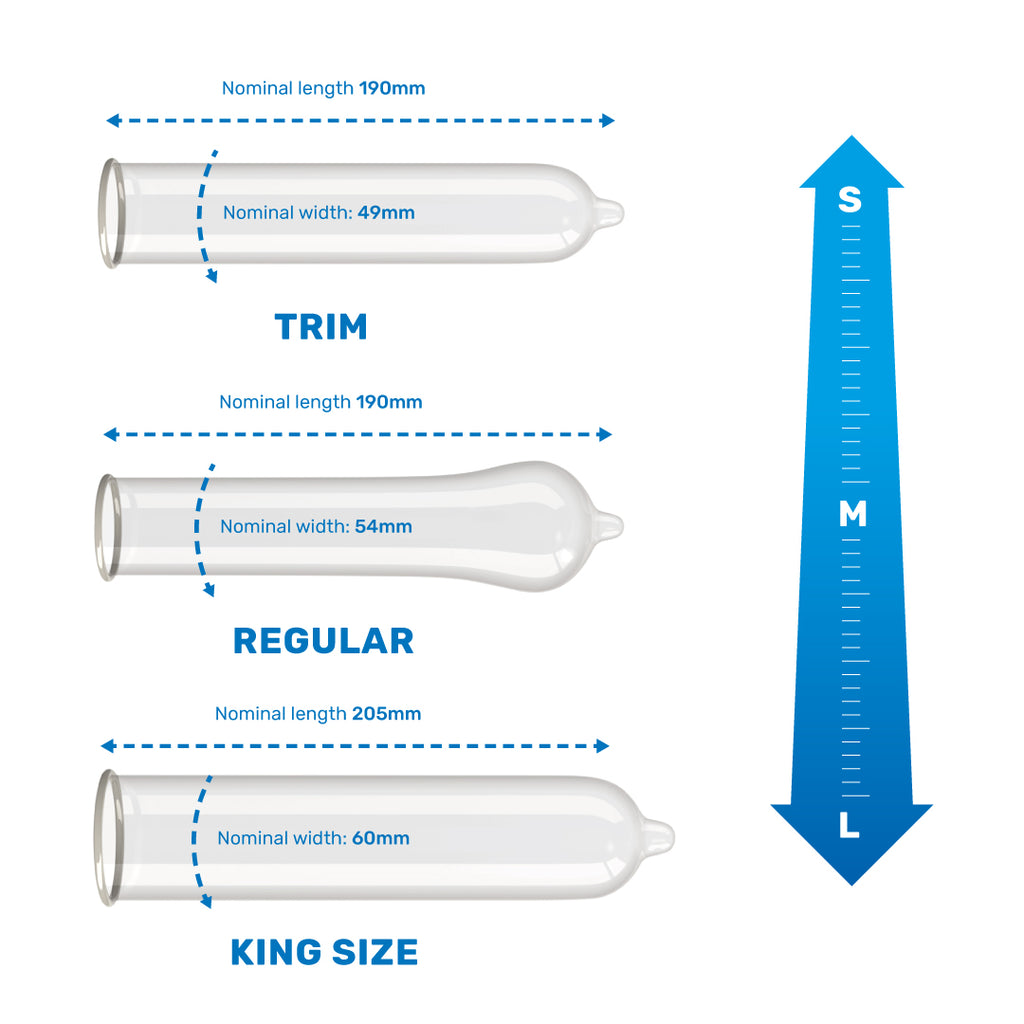
Sex Ed: A Guide to Orgasms
You may remember from school that the main focus on sex education lessons were sexually transmitted infections, unplanned pregnancy, safe sex and contraception. Whilst these are extremely important topics, little may have been taught about sexual arousal, sexual pleasure and enjoying a satisfying orgasm - other important aspects of a healthy sex-life.
With this in mind, let’s find out what an orgasm is, how to have an orgasm, the benefits to having an orgasm and reasons you may find having an orgasm difficult.
What is an orgasm?
An orgasm is a feeling of intense pleasure and release of physical tension that happens at the height of sexual arousal. When you have an orgasm, the muscles in the vagina, penis and the rest of the body contract rhythmically whilst feel-good hormones, such as endorphins, flow through your bloodstream. You may find during an orgasm that your heart rate races, your face feels more flushed and your breathing becomes more rapid.
For those with a penis, semen will be released out of the penis after having an orgasm. For those with a vagina, you may find your vagina become wetter just before sexual activity and during. Sometimes women can experience extra fluids released out of their vagina after an orgasm (sometimes called female ejaculation), but not all women experience this.
How do I have an orgasm?
As everyone’s bodies are all different, there is no one-size-fits-all approach to having an orgasm. Some people prefer to have orgasms through clitoral stimulation, vaginal stimulation, penis stimulation, or through stimulating other erogenous zones and by sexual imagery. Orgasms can happen through oral sex, foreplay or masturbation, vaginal sex, anal sex or through using sex toys - anything that increases sexual arousal can lead to an orgasm.
During sexual arousal, blood flow increases to the genitals and our muscles tense throughout our body. When we experience a clitoral orgasm, the clitoris becomes engorged (increased blood flow) and the muscles contract and release which stimulates an orgasm, giving us sexual pleasure. Having a vaginal orgasm can feel different than a clitoral orgasm. - it's often described as feeling deeper and more intense. It's not uncommon after an orgasm for your genitals to feel very sensitive to touch.
Not sure what you prefer? You can either try practicing on yourself first, through masturbation or using sex-toys and seeing how you love to be touched and where, or you can try different sexual activities with your partner (oral, foreplay, vaginal) and listen to how your body responds.
What are the benefits to having an orgasm?
Mental health benefits:
There are many mental health benefits to having an orgasm. When you experience an orgasm, your body releases feel-good chemicals, such as Endorphins, Dopamine and Oxytocin - let’s find out more about these three important chemicals;
Endorphins are produced naturally by the nervous system to cope with stress and pain and are released during exercise or pleasurable activities. Therefore, experiencing sexual pleasure through an orgasm can make you feel happier and less stressed.
Dopamine is responsible for seeking out pleasure, rewards and motivation, and often, people who feel depressed can lack motivation and find it more difficult to experience pleasure. This means that having an orgasm could increase the feel-good hormone dopamine which could temporarily help you to feel less depressed.
Oxytocin, typically known as the ‘love hormone’, is responsible for feelings of love, trust and bonding in relationships. Therefore, when you experience an orgasm, you may find yourself wanting to cuddle up to your partner straight away or feel more attached to them.
To find out about more mental health benefits to having sex, click here
Health benefits:
Weight loss - One study taken by University of Quebec in Montreal found that during an average 25 minute sex session, men burn approximately 100 calories and women burn 69.
Better quality sleep - Research conducted by Central Queensland University in Queensland found a staggering 74% of men and 67% of women had better quality sleep if it followed an orgasm.
Improved heart health - Researchers exploring sex and cardiovascular risk found women who had regular sex in a rewarding sexual relationship had improved cardiovascular health.
Why you might find having an orgasm difficult
Many internal and external factors may prevent you from experiencing a satisfying orgasm.
External factors may be stress, alcohol, drugs, medication, past experiences, not being stimulated properly or relationship problems.
Internal factors may include; hormones, emotions, mental or physical health, anxiety over sexual performance, health problems, exhaustion, low sex hormone levels or menopause.
Those with a penis may experience erectile dysfunction that can prevent from experiencing an orgasm - this is when you may not be able to get or keep an erection. To find out more about diagnosis or treatment for erectile dysfunction, click here





